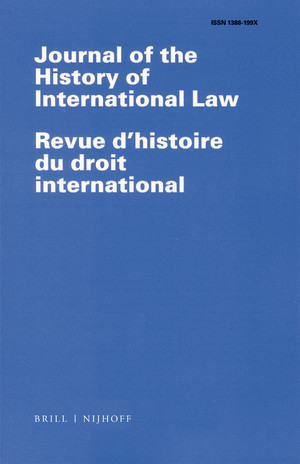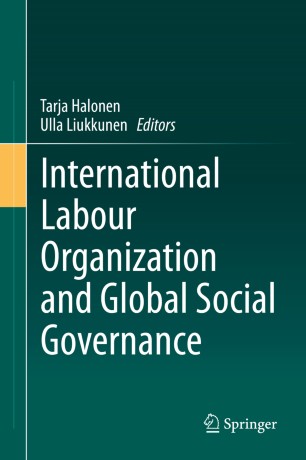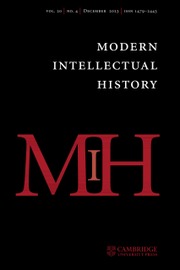(image source:
univpm/
unimic)
A Divided
Memory?
The Battle
of Lepanto on the 450th Anniversary
(1571-2021)
The naval Battle of Lepanto in 1571 represents one of the symbolic events
of the Euro-Mediterranean cultural heritage and become an emblem of the
dispute, even then more political than religious, between West and East,
Christianity and Islam, Europe and Asia, remaining an expression of a memory
that still testifies a contradictory and difficult relationship.
In Marche Region, the Battle of Lepanto had a great echo. Still today a
historical re-enactment named “festa bella” is periodically organised at
Spelonga, where the people of the small community of Arquata del Tronto, in the
Province of Ascoli Piceno, recall their participation in the battle. In many
other towns, the battle was celebrated with paintings dedicated to the Madonna
del Rosario to whom the Victory was consecrated (for example at Grottammare and
Petriolo), while in the Pieve Collegiata in San Ginesio the painter Mercurio
Rusiolo represented the battle in its unfolding, on a painting commissioned by
Captain Felice Matteucci, who had just returned from the clash.
A well-known scholar, born in San Ginesio, one of the founding fathers
of International Law, Alberico Gentili, in his De jure belli libri tres
(1598), outlining the relations that Christian Europe should have kept with Turks,
so stated:
“Né contro altri né contro i Turchi c'è guerra a causa della religione,
e neppure per cause naturali; nondimeno, c'è guerra contro i Turchi perché
questi si comportano da nemici contro di noi, complottano, ci minacciano, ci
derubano con ogni perfidia ogni volta che possono. Così abbiamo sempre una
giusta causa di guerra contro i Turchi. Nei loro riguardi non si deve rompere
la parola data né aggredirli se se ne stanno tranquilli e pacifici, senza
macchinare contro di noi; certo che no! Ma quando mai i Turchi si comportano
così? Tacete teologi, su argomenti che non sono di vostra pertinenza!”
Although these words are no longer representative of current sensitivity,
they call to our attention the need to analyse the roots of the confrontation
between Europe and the Ottoman Empire and to reveal the reasons of a dispute
that, in some ways, the events of the modern "Neo-Ottoman" Turkey
bring up, making relevant once again topics and problems that have marked the
relations between the Mediterranean peoples for centuries.
The journal Proposte e ricerche.
Economia e società nella storia dell’Italia centrale, in partnership with
the Interdepartmental Research Center on the Adriatic and the Mediterranean of
the University of Macerata, via this Call for Papers, aims to bring together
scholars who debate, from different perspectives and with an interdisciplinary
approach, the variety of topics that concern the cultural, political and
ideological heritage that the Battle of Lepanto left in Mediterranean societies,
being a significant point of observation from which to analyse the relations
between Europe and the Islamic world.
Scholars are invited to submit an abstract focusing primarily on the
following axes:
· Impact of the Battle of Lepanto on
the geopolitical and economic Mediterranean area
· Representation and symbols of the
Battle of Lepanto in art, literature and folklore
· Religious meaning of the Battle of
Lepanto and the relations between Christianity and Islam
· Meaning of the Battle of Lepanto in
the Turkish perspective
· Battle of Lepanto as part of the
Italian and European cultural heritage.
Proposals of articles:
Proposals for original articles, in Italian and English, must include an
abstract (with a short bibliography) not exceeding 3,000 characters, and a
brief CV of the author with the list of publications.
Proposals are to be submitted to the e-mail addresses of the two contact
persons: Maria Ciotti (maria.ciotti@unimc.it) and Andrea Caligiuri (andrea.caligiuri@unimc.it), including in the subject line of the e-mail:
CFP LEPANTO.
The deadline for submission of abstracts is on 20 December 2020.
Selected articles:
The authors shortlisted will be notified by the end of December 2020.
Articles, in Italian, French or English, selected for publication must
not exceed 50,000 characters, spaces and footnotes included, and must be
submitted in a final version before 30 April 2021.
All the articles will be submitted to a double-blind review.
The publication of the special issue in the journal Proposte e ricerche. Economia e società nella storia dell’Italia
centrale is expected by 2021.















